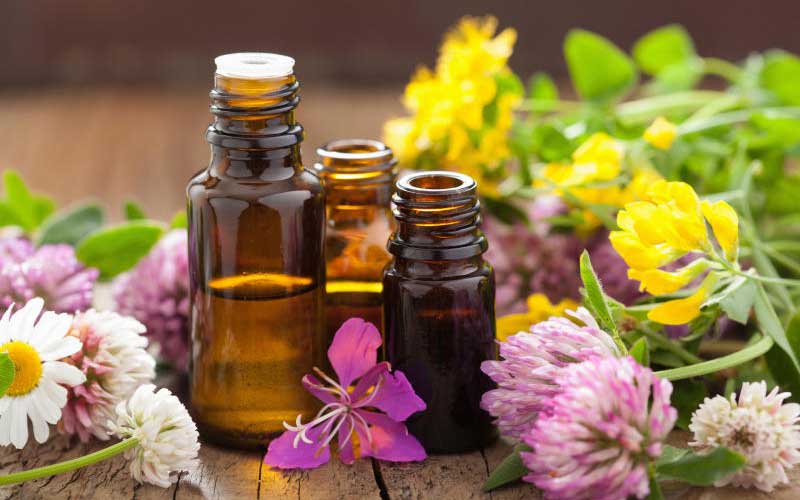
Nearly two years since the Ministry of Health was directed to promote safe use of herbal medicines, this has not happened yet.
On June 30, 2017, President Uhuru Kenyatta signed the Health Act 2017, which directed formation of a body to regulate the practice of alternative medicine in Kenya.
The law had directed the Ministry of Health to work with Parliament for establishment of a body to regulate alternative medicines.
The body, the law said, would ensure Kenya enjoyed benefits of alternative medicines while being protected against any dangerous products or practices.
Official recognition
“We were so happy, finally we have been recognised after a long fight,” says Peter Murugu, a practising herbalist in Nairobi.
The fight for the regulation and official recognition of alternative medicine in Kenya has been going on for almost two decades.
The first formal efforts were made in 2002 by the then Minister for Health Dr Sam Ongeri, who suggested that traditional healers be incorporated in the national healthcare system.
This seemed to have been within grasp last year with the Health Act 2017.
“The Ministry of Health shall develop policy guidelines for referral mechanisms from practitioners of traditional and alternative medicine to conventional health facilities,” directs the law.
The next logical step, says James Njoroge, a herbal practitioner with Almed Health Products, in Nairobi, was for the Ministry to introduce a Bill in Parliament.
“In fact such a Bill lapsed with the last Parliament and we thought it could be reintroduced, may be with some adjustments, Mr Njoroge told the Saturday Standard on Tuesday.
But in a strange twist, Njoroge says the CS for Health, Sicily Kariuki, has since proposed creation of a taskforce to address the issue.
Addressing a conference in KEMRI last February, Kariuki said a task force headed by the institute would be formed to look into the matter of alternative medicine.
“That is the last we ever heard of the matter,” says Njoroge. Despite the legal lacuna, data shows while herbal medicines are popular some are a risk to human health.
Last year, Kemri reported most herbal medicines sold in major towns in Kenya are highly contaminated and dangerous for human consumption.
Their survey covering Nairobi, Mombasa and Eldoret indicated almost all the herbal powders, tablets, capsules, oils and liquids are contaminated, some with untreatable germs resistant to a number of antibiotics.
“Patients are literally being infected with more dangerous diseases than they had intended to treat,” lead investigator Dr Lucia Keter of Kemri had told a science conference.
Test samples had been purchased from herbal clinics, nutrition stores, herbal product manufacturers, local retailers and from hawkers and street vendors in the three towns.
The study found 90 per cent of the total samples contaminated, most of them above levels safe for human consumption.
The medicines were contaminated with germs known to cause pneumonia, diarrhoea, anaemia, kidney problems and urinary tract infections.
“We need a system that protects and educates Kenyans on the safe use of herbal medicines,” says Mr Murugu.
Both herbal and conventional practitioners agree, of a growing demand for alternative or complementary medicines especially with the increasing cases of cancer.
Complementary medicines
In October a team of conventional researchers reported significant use of complementary medicines among cancer patients attending Kenyatta National Hospital.
“Of those who used complimentary medicines, 64 per cent used herbals hoping for a cure while 36 per cent hoped to get some symptomatic relief,” says the study led by Maryanne Ong’udi of the University of Nairobi
Almost half of the users - 45 per cent say they were satisfied with their use while the rest - 55 per cent reported disappointment.
Most of the users however did not disclose to their KNH doctors that they were also using alternative medicines.
“This is the more reason we need a regulatory framework in place to help, educate and protect Kenyans on alternative medicines,” says Njoroge.
 The Standard Group Plc is a multi-media organization with investments in media
platforms spanning newspaper print
operations, television, radio broadcasting, digital and online services. The
Standard Group is recognized as a
leading multi-media house in Kenya with a key influence in matters of national
and international interest.
The Standard Group Plc is a multi-media organization with investments in media
platforms spanning newspaper print
operations, television, radio broadcasting, digital and online services. The
Standard Group is recognized as a
leading multi-media house in Kenya with a key influence in matters of national
and international interest.











